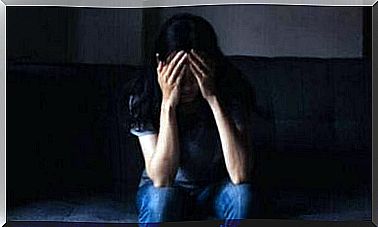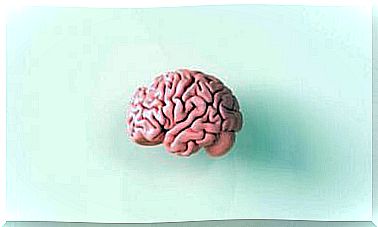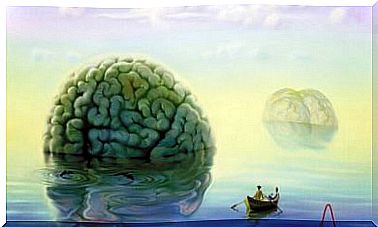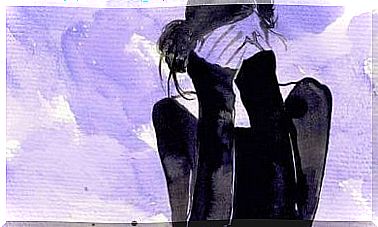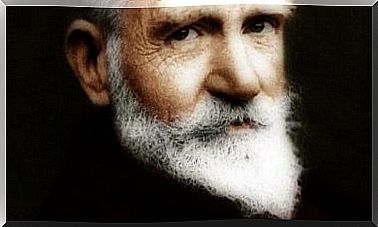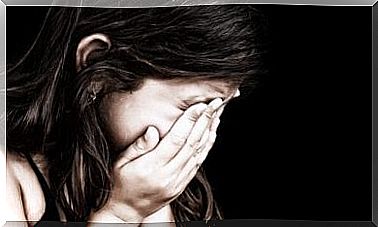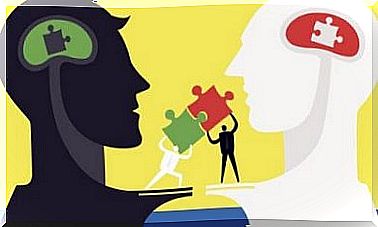If You Want To Help Me, Do Not Interfere
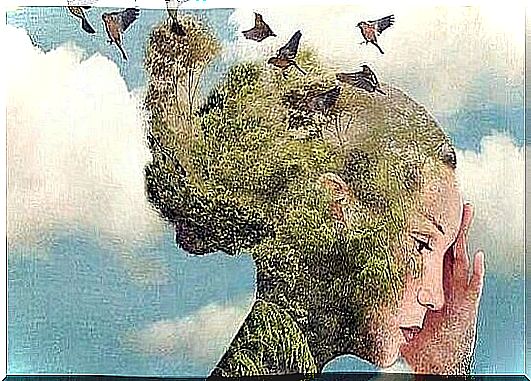
If you really want to help me, do not say anything, respect my sphere and leave me alone. Do not tell me, “that’s what I said” , “you always make the same mistake” , “you have no choice” … do not make it even worse.
For once, understand that sometimes the best way to help is not to help. Show me your empathy, your understanding, but just for today, stay on the sidelines.
Theodore Roosevelt said that between doing the right thing and doing the wrong thing, there is something worse: doing nothing. It is clearly a political mentality, always afraid of stagnation. Afraid of the voter who does not take sides or the ally who will not stand.
However, President Roosevelt was wrong. Doing nothing is really a valid third option, and sometimes it’s the best.
Now the biggest problem with all this is that we generally assume that lack of action or passivity is a sign that others do not care about us.
So, how can we understand that it is sometimes better to choose immobility, not to help and instead take a step back?
Many psychologists say that in the most complex times, the mind encourages us to give the simplest answers. We turn to mental shortcuts, the heuristics, and they can be very successful.
When we see a friend fired or a sibling feel down, we hear an inner voice saying “leave them alone, give them space to think and accept the situation.”
Depriving others of their time with their struggles can sometimes take away from them a valuable opportunity for learning and personal growth.
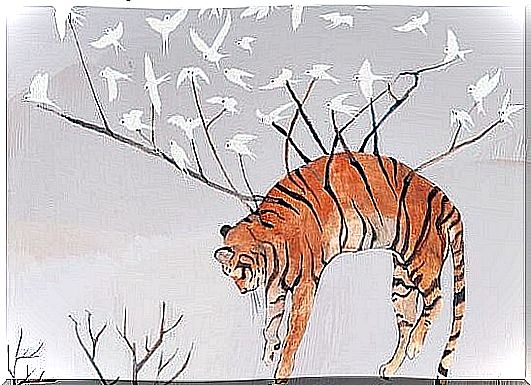
Some people simply do not need to be saved
It is an eastern folk tale that tells the story of a man who found the cocoon of a silkworm in the park.
Worried about the little creature and fearing that someone would step on it or that an animal would take it away, he decided to take care of it. He put it in a box to take care of it with patience and attention.
When he got home, something caught his attention. There was already a hole in the cocoon. The butterfly was already struggling to get out.
Engaged in his idea of helping, he took a pair of scissors and cut some of the cocoon to speed up the process. His intention was good, there is no doubt about that, but good intentions do not always have good results.
Because what man did not know is that nature has its own rhythms, its own times and its untouched truths. There are processes where all help is simply harmful.
The butterfly came out and the main character was waiting for it to start flying. However, the insect was out of the cocoon prematurely. The man could only watch as the insect crawled around in circles until it stopped moving. Death.

Some people do not need to be rescued simply because they are not in danger. Their suffering is something they must experience in order to flourish.
There, in the privacy of one’s cocoon, in the softness of one’s own sadness, in the tricky cries of doubt and disappointment.
There are journeys that people must take in solitude without help, without being saved by people with good intentions.
How do we know when to help?
Maria Montessori said that unnecessary help hinders development. This idea is related to the concept of “The Proximal Development Zone” by Lev Vygotsky.
It is a concept that applies far beyond the educational context, to many of our everyday environments and relationships.
The “Proximal Development Zone” tells us that in order to improve a person’s abilities, we must give them the help they need to develop their own potential.
This means, for example, not taking on responsibilities that are not ours. It means identifying the points where our help is a stimulus for learning and to what extent.
We are very aware that it is not always easy to know where the boundaries go. Where “do nothing” is allowed and advisable. It is difficult when the sense of responsibility arises, even when the person going through the hard times is not particularly close to us.
In addition, even if the brain, from a physiological point of view, does not judge, the conscience does.
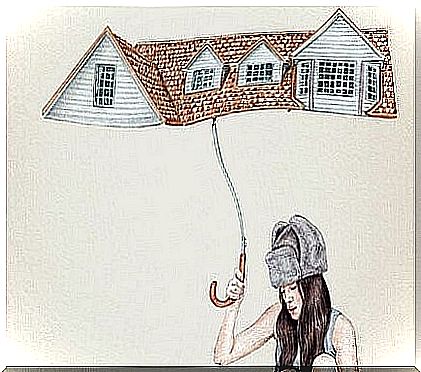
So, one thing we should be aware of is that it is not always good to give constant, unlimited help. The result can be catastrophic: the people we help can become passive, selfish and develop a strong dependence on us.
The key is to notice when there is a situation of real vulnerability. Also be very aware of what the person really needs.
Sometimes the best help is to listen or just “be” without saying anything. Giving the other person proof that we are there for them if they want it, that we can be the shoulder to cry on if they want it, the person who knows how to respect space and loneliness when needed.
We can at all be the ray of light that illuminates their path at a particular time, limited and fleeting. Which allows them to spread their wings and stop moving in circles.
However, we can also do nothing, which is sometimes an option that is just as valid and just as useful.


